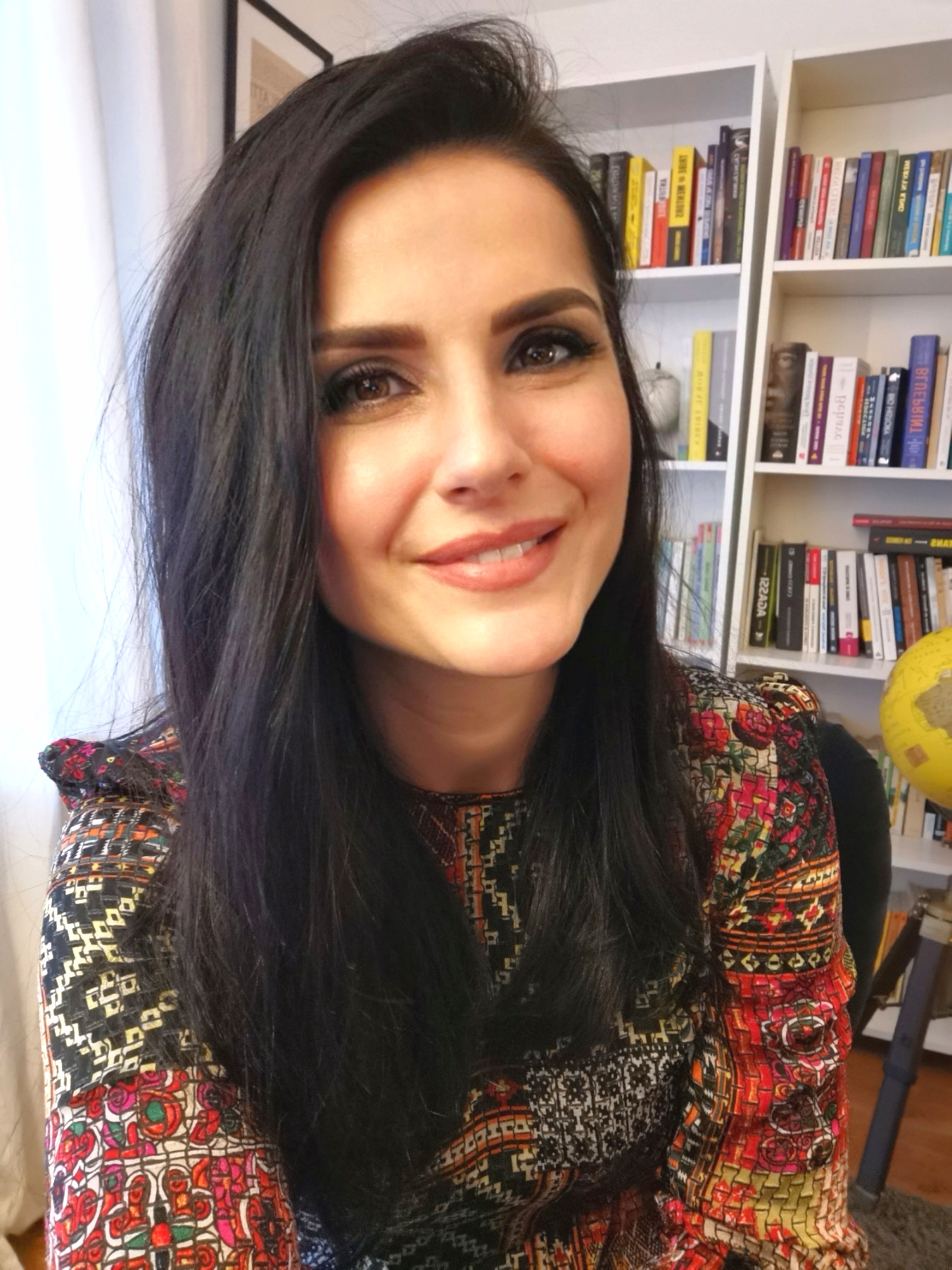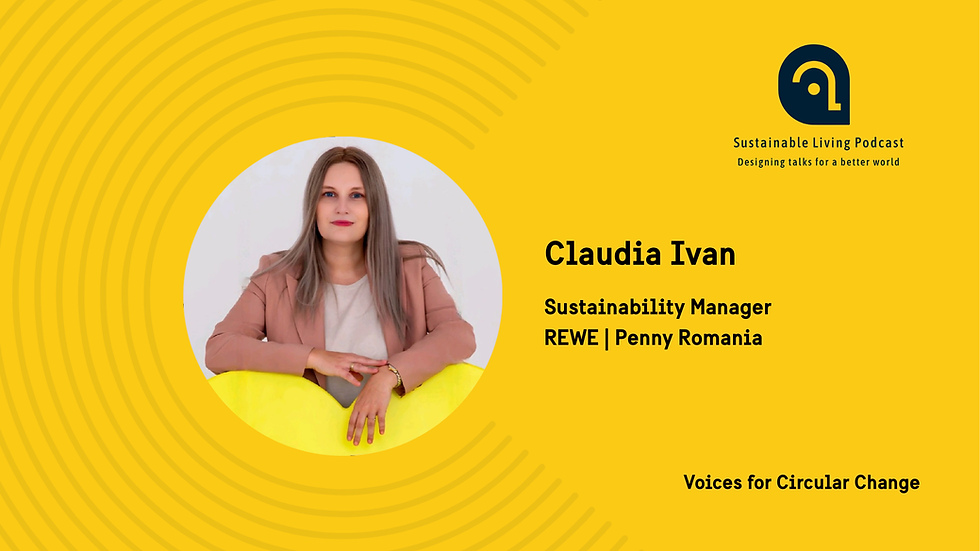How AI Can Accelerate the Sustainable Development Goals: Insights from Ricardo Vinuesa, KTH Sweden
- Editor

- 6 iul. 2025
- 3 min de citit
Actualizată în: 4 aug. 2025
Sustainable Living Podcast – AI for a Sustainable Future | Episode #4 Guest: Ricardo Vinuesa, Associate Professor at KTH Royal Institute of Technology, Lead Faculty at the KTH Climate Action Centre

Artificial intelligence is no longer just a technological breakthrough—it has become a key player in shaping the future of our planet. But how can we ensure that AI supports, rather than undermines, global sustainability efforts?
In the fourth episode of the Sustainable Living Podcast – AI for a Sustainable Future, we sit down with Ricardo Vinuesa, Associate Professor at Sweden’s KTH Royal Institute of Technology, to explore how AI can be leveraged to advance the United Nations’ 17 Sustainable Development Goals (SDGs)—and where caution is needed.
Vinuesa led a landmark study published in Nature Communications, which systematically analyzed AI’s potential impact across all SDGs, providing one of the most comprehensive assessments of its risks and opportunities to date.

AI as a Catalyst for Positive Change
According to Vinuesa, AI can positively influence up to 79% of the 169 SDG targets, with significant potential to accelerate clean energy transitions, optimize resource use, and improve urban sustainability:
“AI enables capabilities that were simply not possible before—from optimizing air pollution flows in cities to matching renewable energy supply with real-time demand,” explains Vinuesa.
One example comes from smart urban management, where AI combined with sensor networks can map air quality in real-time, allowing city leaders to implement targeted policies for reducing pollution or rerouting traffic.
Emerging Technologies Driving the Green Transition
Vinuesa’s research focuses on applying AI to transportation and industrial systems, aiming to reduce environmental footprints while improving efficiency:
“In the transport sector, explainable AI and deep reinforcement learning are game changers. They allow us to understand airflow around vehicles and control it in unprecedented ways, making cars, planes, and ships more energy-efficient,” he highlights.
This intersection of AI, fluid mechanics, and sustainability has far-reaching implications for industries seeking to reduce carbon emissions while enhancing performance.
Risks: Inequality, Lack of Transparency, and Misuse
Despite AI’s potential, Vinuesa warns that if not implemented responsibly, it could deepen existing inequalities and undermine progress:
“If access to AI remains limited to privileged groups or regions, we risk exacerbating inequalities rather than reducing them,” he cautions.
Moreover, the lack of transparency in many AI models, especially those deployed in critical areas like environmental policy, raises concerns about accountability and fairness. To address this, Vinuesa advocates for:
Explainable and interpretable AI models
Data privacy safeguards and local deployments of AI tools
Inclusion and fairness as design principles from the outset
Redefining Sustainability Beyond 2030
Looking ahead, Vinuesa and his team at KTH, in collaboration with Google and the United Nations, are working to reshape the global sustainability agenda for the post-2030 era:
“We’re developing a new framework that aligns the SDGs with the Planetary Boundaries model, creating measurable, synergistic goals that better reflect the urgent challenges of today,” he shares.
AI, if guided by ethics and inclusivity, can play a pivotal role in this process, enabling smarter, more targeted action across environmental, social, and economic domains.
A Call for Collaboration and Responsible Innovation
Vinuesa emphasizes that academia, governments, and the private sector must work together to ensure AI serves both people and planet:
“AI can help us rethink how we tackle global challenges—but only if we manage both its opportunities and its risks with equal care,” he concludes.
This episode is part of Season 9 – AI for a Sustainable Future, produced in partnership with the Embassy of Sweden in Romania, exploring how technology can support a greener, more equitable world.
Website: www.sustainableliving.ro
Spotify: https://spoti.fi/3rI4agY
Apple Podcast: https://podcasts.apple.com/us/podcast...
YouTube: https://bit.ly/2QWCPuB
Facebook: www.facebook.com/SustainableLiving.ro
Instagram: www.instagram.com/SustainableLiving.ro










Comentarii